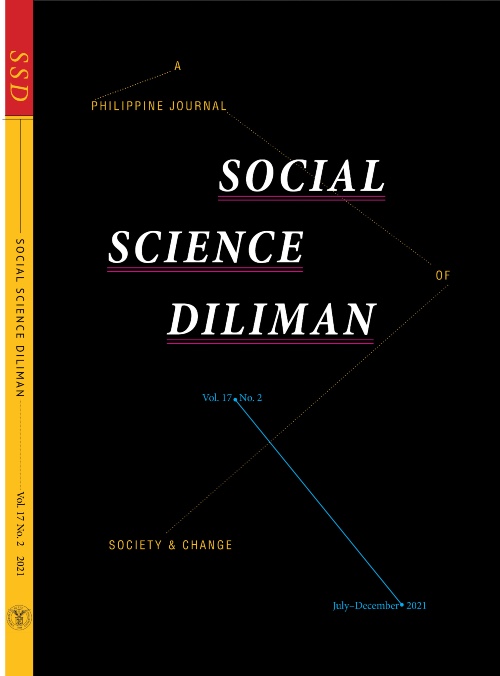Maruyama Masao in the Philippine context: Subjectivity as a key concept in processing World War II
Abstract
In everyday discourses concerning Japanese philosophy, its political aspects are rarely brought to light. It is usually the aesthetic and ethical philosophical traditions that are discussed, especially by Western academics. This may be the reason why a more thorough discussion of Japanese thought and behavior during World War II is seemingly inadequate despite the number of philosophers who already study it. In countries such as the Philippines, China, or Korea where the Japanese occupation remains a politically charged subject, an analysis of Japanese philosophy may provide a more robust understanding of the war experience. In this regard, the philosophical approach and political thought of Maruyama Masao remain relevant. In this paper, I discuss the two distinct ways in which his philosophy may prove essential in contextualizing Japanese philosophy in relation to the war and beyond it, that is, as a critical assessor of his country’s past and as a political realist with a cosmopolitan approach. These two ways are grounded in his discussion of autonomous subjectivity.


